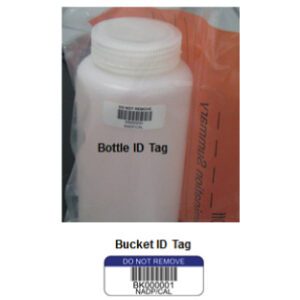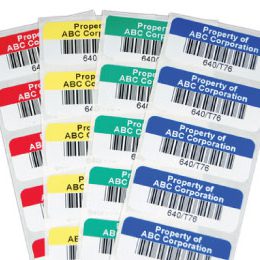
The extreme weather patterns across our country (and around the globe) are driving us crazy. Right now we are seeing endless rain, high temperatures and humidity here on the East Coast. This contrasts dramatically with the roasting temps of the Southwest and West Coast to the point we wish we could spread some of our rain around to regions in desperate need of it. Forest fires, thunderstorms, hurricanes, tornados, monsoons, tsunamis, mudslides and flooding…we don’t know what we will wake up to next! 
Believe it or not, in the label business, we have to pay close attention to the weather – especially in sweltering heat waves during the summer. When temperatures and humidity rise, the adhesives we use get softer and gooier. Adhesives designed for cold-temperature applications can be particularly problematic as they are just not formulated to handle warmer conditions. Naturally, extra thick aggressive adhesives used for bonding to difficult substrates will be carefully watched.
At the same time, paper liners tend to absorb more moisture than the face stocks and as a result can cause curl, particularly with film face sheets and paper liners. This is why you will find on all our “Label Product Specifications” RECOMMENDED STORAGE CONDITIONS of about 70⁰F with 50% Relative Humidity. EIM pays close attention to this with special humidity monitors throughout our facility.
To control the effects of humidity, you will see EIM using plastic bags more and more to store and ship our finished products. We suggest you keep them protected in those bags―ideally in air-conditioned areas.
Since none of us can seem to avoid the summer heat, it is important to remember that the heat in shipping containers can also be tough. Temperatures in a big rig’s trailer can easily be 20⁰F higher than outside temperatures and in some cases, you can see readings as high as 120⁰F to 140⁰F with relative humidity reaching 85% to 90%. When you get your labels, let them get acclimated to your facility before rushing to use them and definitely try to keep them stored per our recommended guidelines.




